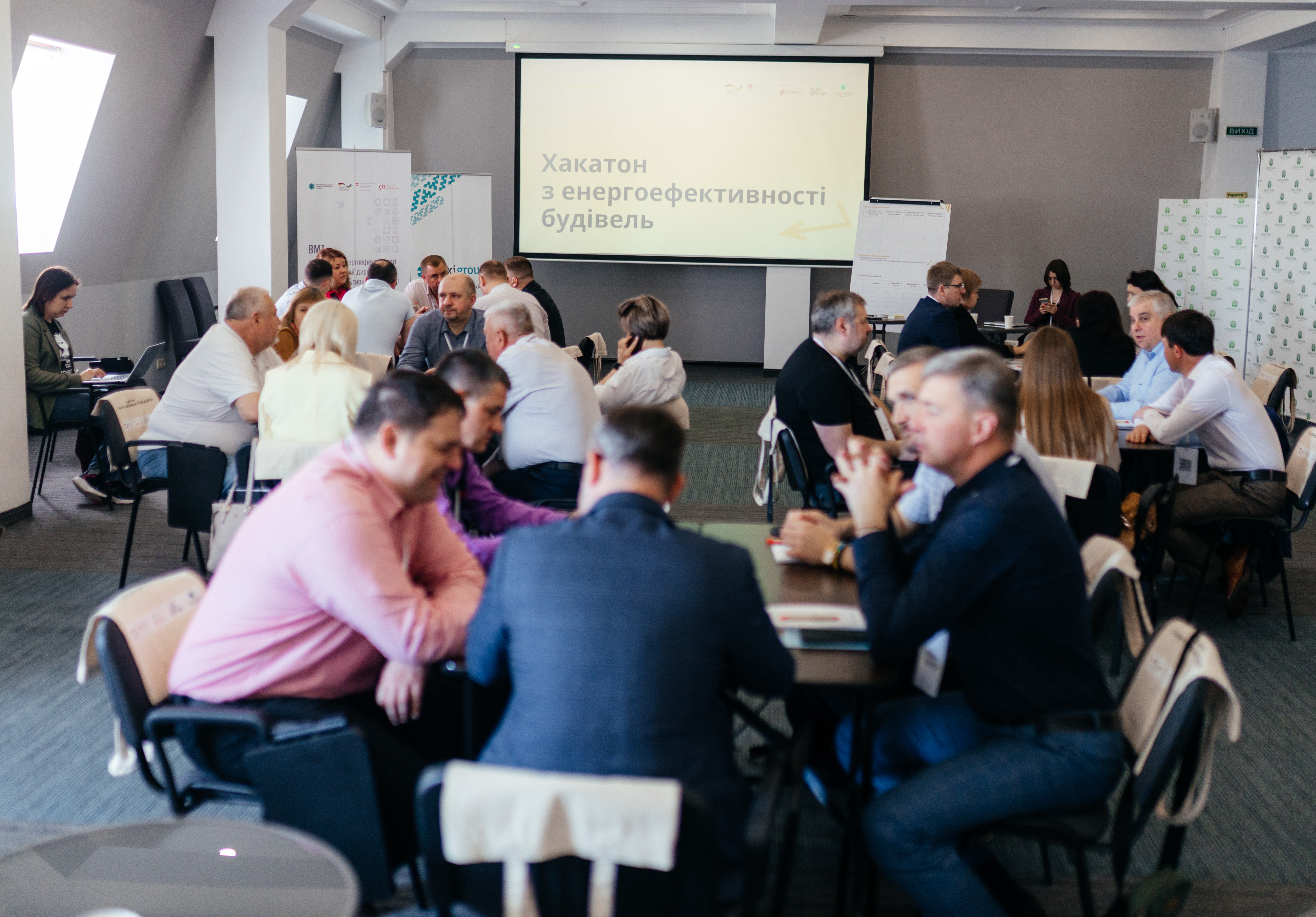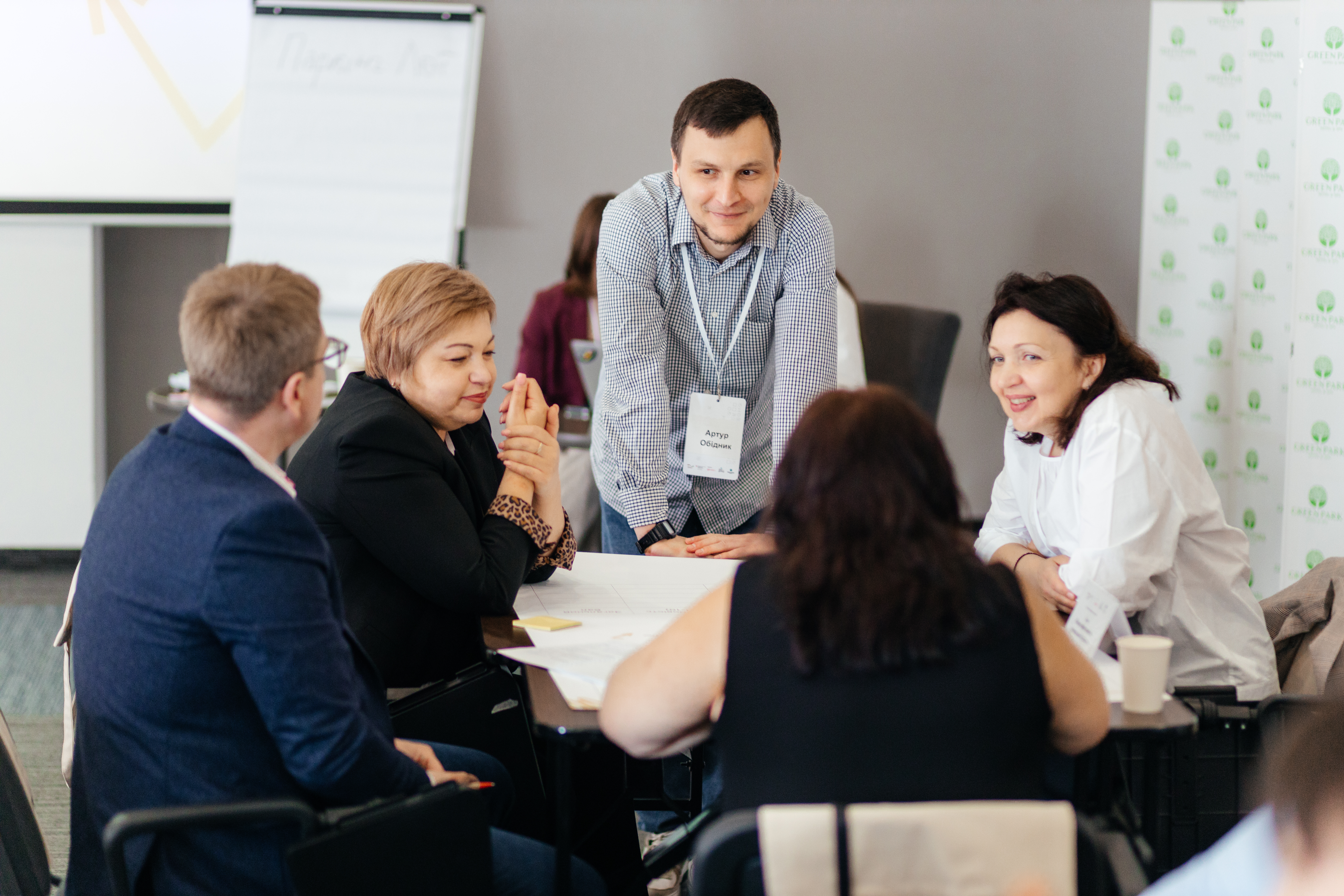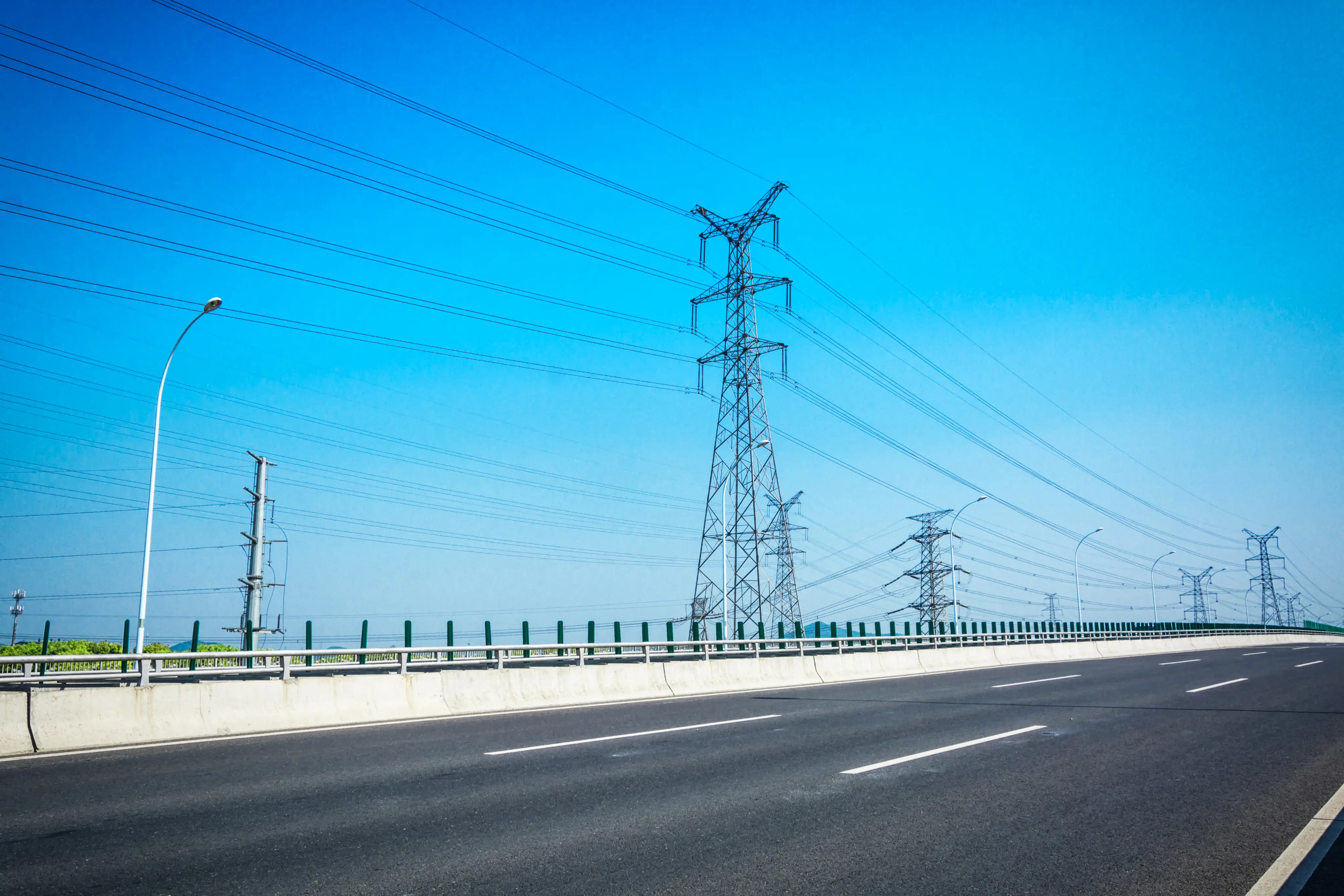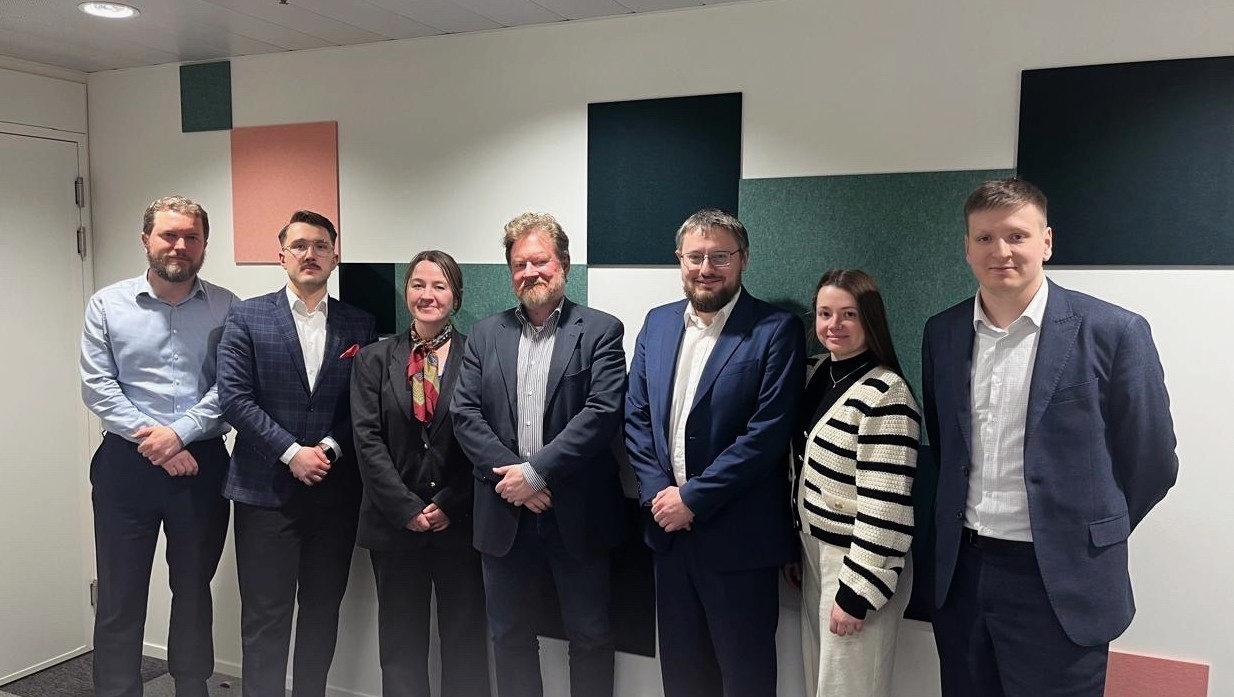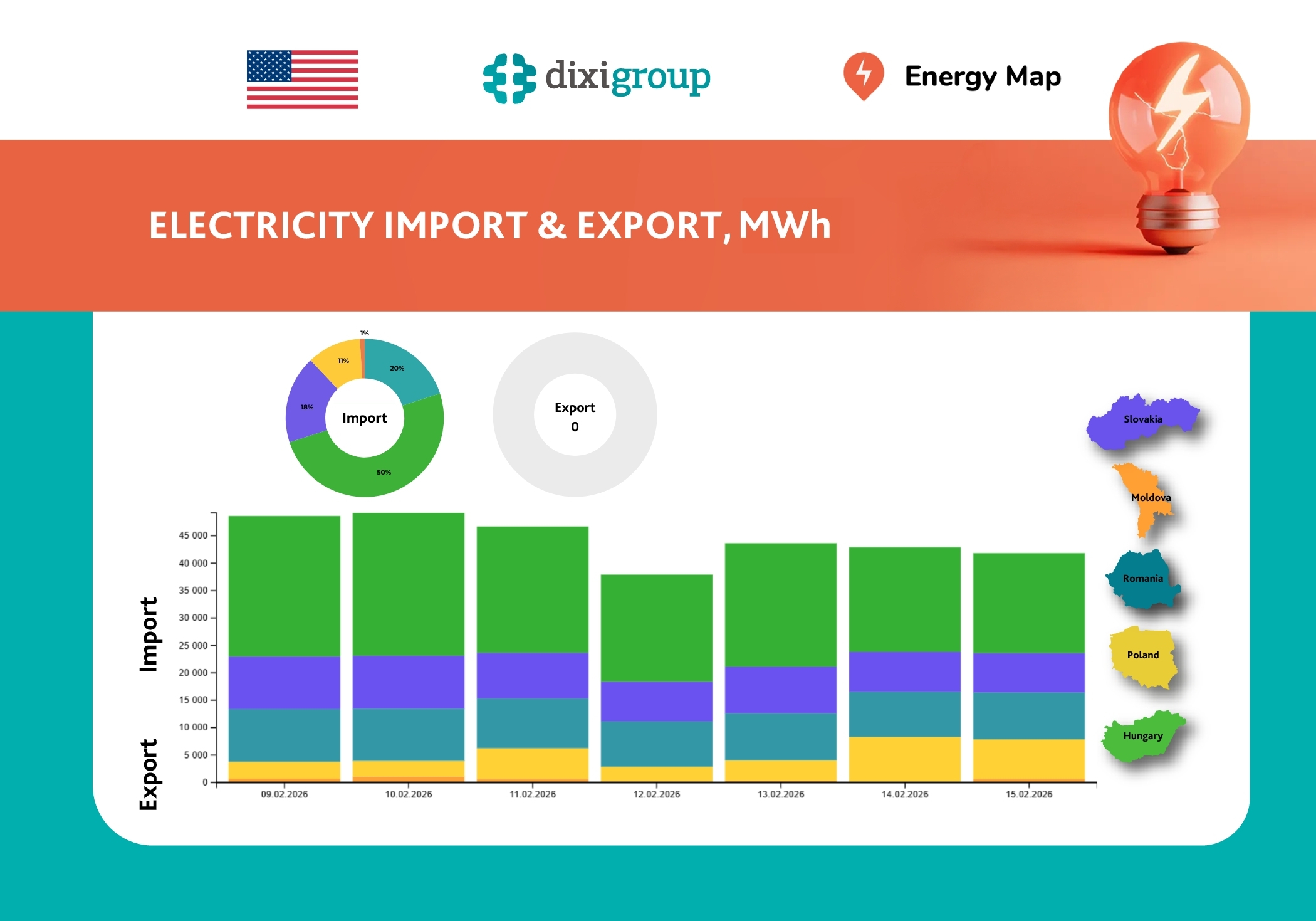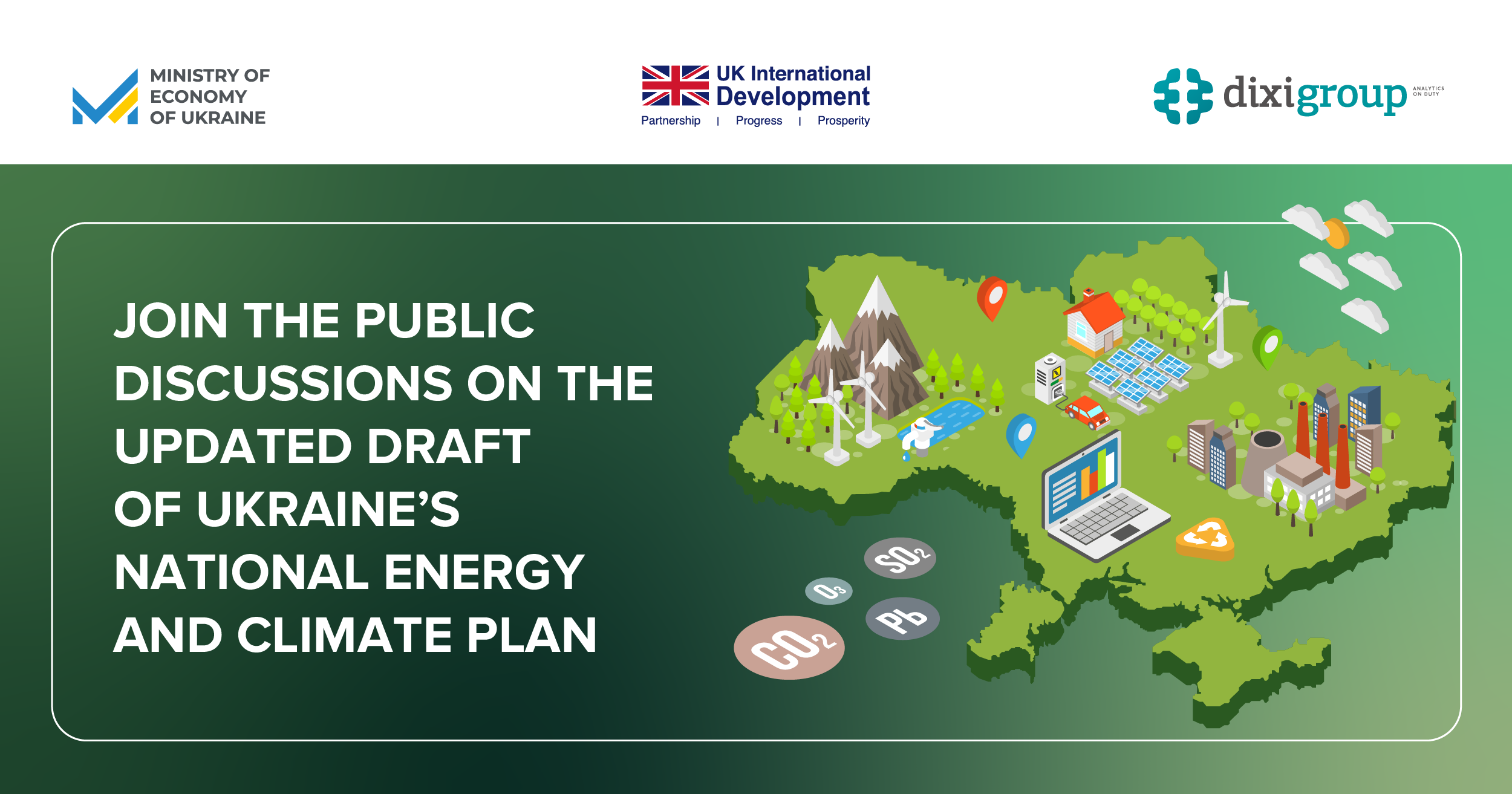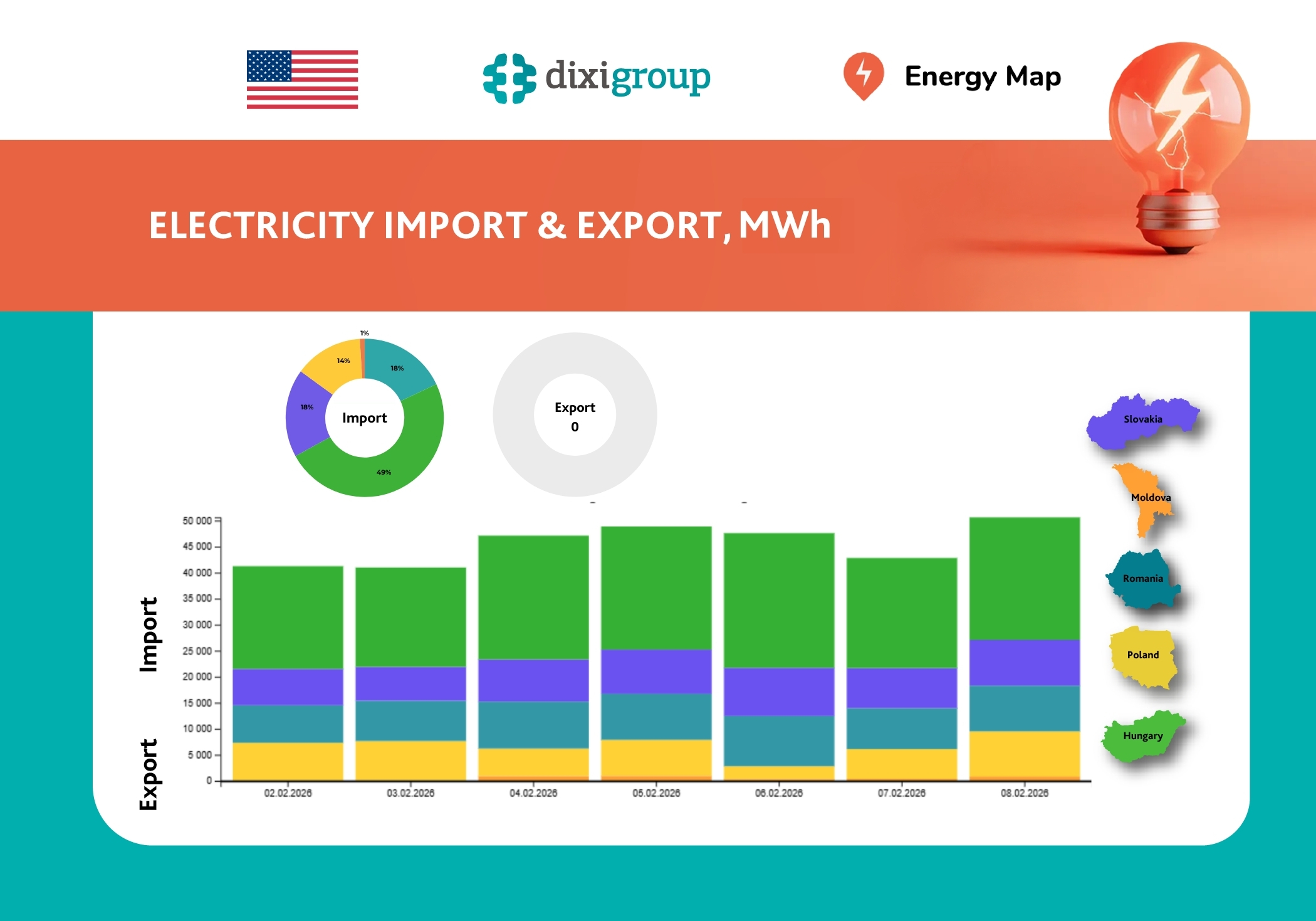On April 24–25, 2025, a two-day offline event, the “Energy Efficiency in Buildings Hackathon”, was held in Truskavets. Leading Ukrainian energy efficiency experts, representatives of government institutions, local authorities, district heating companies, the construction sector, energy companies, and condominium associations (OSBBs) came together to identify key challenges in the field of building energy efficiency and to develop joint solutions for their implementation.
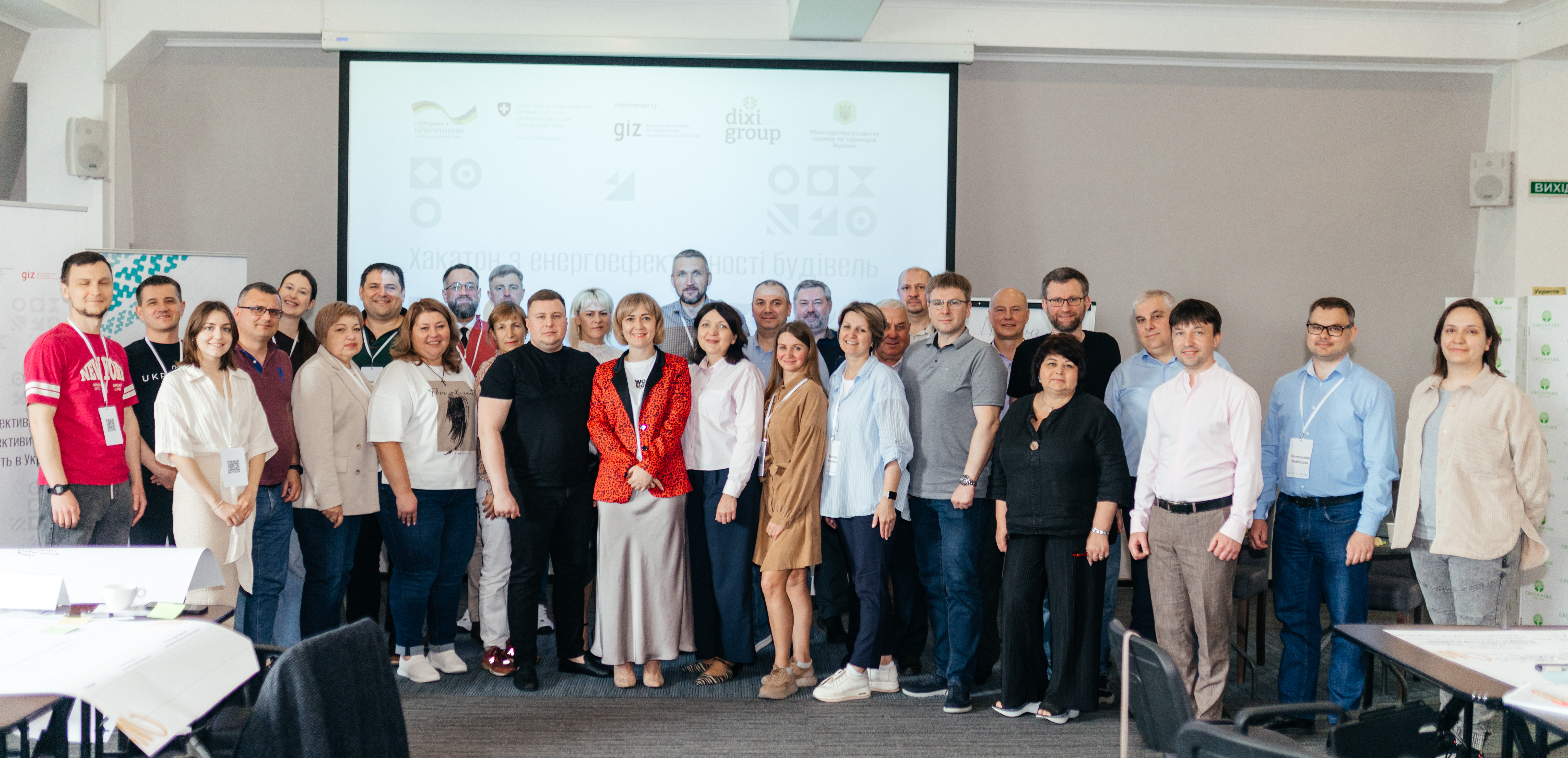
Захід організували за сприяння Міністерства розвитку громад та територій України, ГО “ДІКСІ ГРУП” (проєкт MATRA
The event was organized with the support of the Ministry for Communities and Territories Development of Ukraine, the NGO “DiXi Group” (as part of the MATRA project “Contributing to the Decentralization, Security, and Stability of the Energy System through Strengthening the Capacity of Local Communities”, supported by the Government of the Netherlands), and the project “Promoting Energy Efficiency and the Implementation of the EU Energy Efficiency Directive”, implemented by Deutsche Gesellschaft für Internationale Zusammenarbeit (GIZ) GmbH with the support of the Governments of Germany and Switzerland.
Under wartime conditions, energy efficiency is the strategic importance for the country. Therefore, the main task of the Hackathon participants was to find answers to the most pressing issues in this area:
- How can building thermal modernization become a widespread phenomenon, given the limited state support resources?
- How can energy management be made effective and comprehensive?
- How can Ukraine’s reconstruction be made energy efficient?
- Energy planning and long-term goals: how to create effective tools to support the implementation of energy efficiency measures?
- How to attract investment for large-scale implementation of building energy efficiency measures, and what financial tools or guarantees can make such projects attractive?
- How to ensure transparency, quality, and competition in the energy efficiency services market?
- Is it possible for heat pumps to be widely adopted in Ukraine, and what are the advantages and disadvantages of this technology?
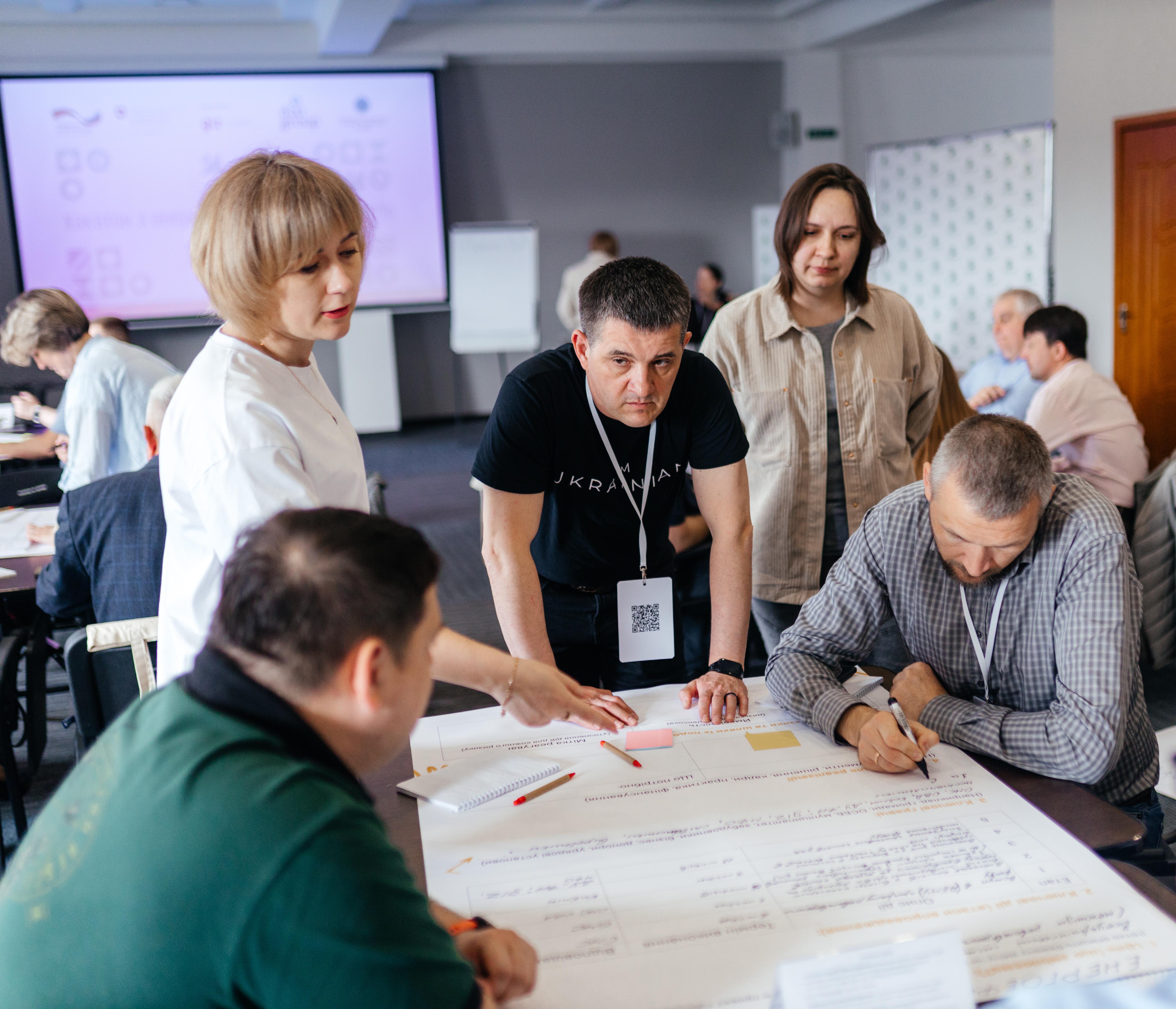
The first day of the Hackathon was dedicated to introducing participants and identifying the key challenges in the field of building energy efficiency. The organizers divided the participants into five thematic groups: “Energy Efficiency in Residential Buildings,” “Energy Efficiency in Municipal Buildings,” “New Construction,” “Delivery of Energy Efficiency Services,” and “Reconstruction”.
The teams then discussed the main problems within each sector, analyzed the current situation, and explored possible solutions. At the end of the day, they presented their interim findings, exchanged ideas, and outlined directions for further work.
“The main goal of our event is to bring together representatives from related sectors to identify the key challenges in the field of building energy efficiency in Ukraine and to develop comprehensive approaches to address them,” said Viktoriia Kovalenko, General Manager for Sustainable Development at DiXi Group.
“Due to the low energy efficiency of buildings, Ukraine spends a significant share of its budget on energy resources every year. These problems are linked to limited financing, insufficient expert capacity at the local level, and the lack of a comprehensive vision for implementing energy efficiency measures. We are confident that within the framework of the Hackathon, different stakeholder groups will be able to develop quality proposals, which we as organizers will consolidate and forward for further review by central executive authorities.”
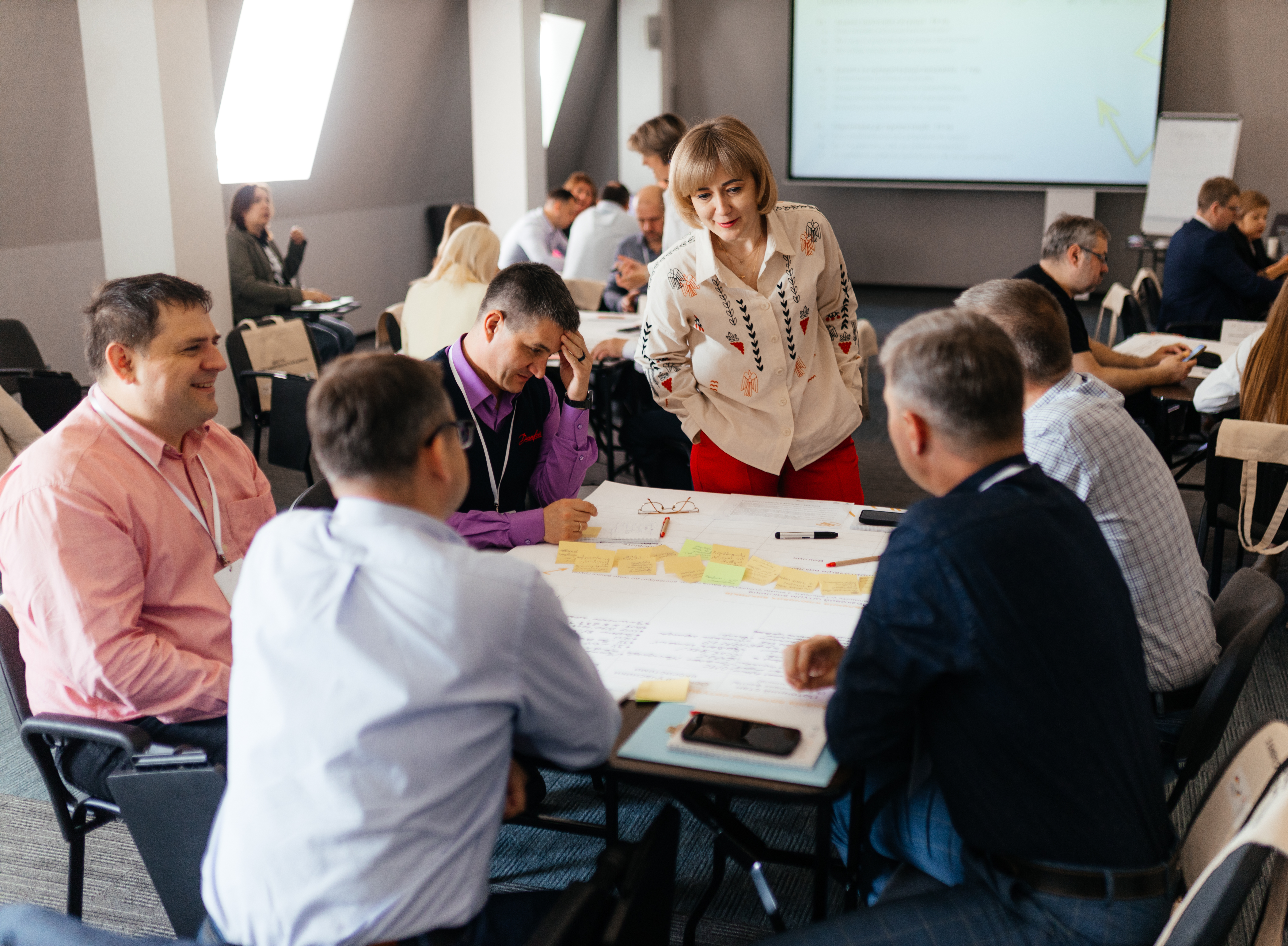


According to Viktoriia Kovalenko, holding the Hackathon is an important step that can become a driving force for positive change in the country’s approach to improving building energy efficiency.
On the second day, participants worked on concrete steps for implementing energy efficiency measures, developing an action plan, and identifying the resources needed for implementation. Together with the organizers, they summarized the results, presented their proposals, held a Q&A session, discussed the next steps, explored opportunities for implementing the proposed ideas, and agreed on future coordination and communication.
“To achieve real progress in this key area on our path toward energy independence, it’s vital that we understand the practical experience and perspectives of those directly involved in planning and implementing such projects. That is why this Hackathon is extremely important for the Ministry — it allows us to broaden our perspective and gain a more practical and in-depth understanding of the real situation in each area”, emphasized Artur Obidnyk, Head of the Department for Methodological Support and Regulation of Energy Efficiency, Energy Efficiency Directorate at the Ministry for Communities and Territories Development of Ukraine.
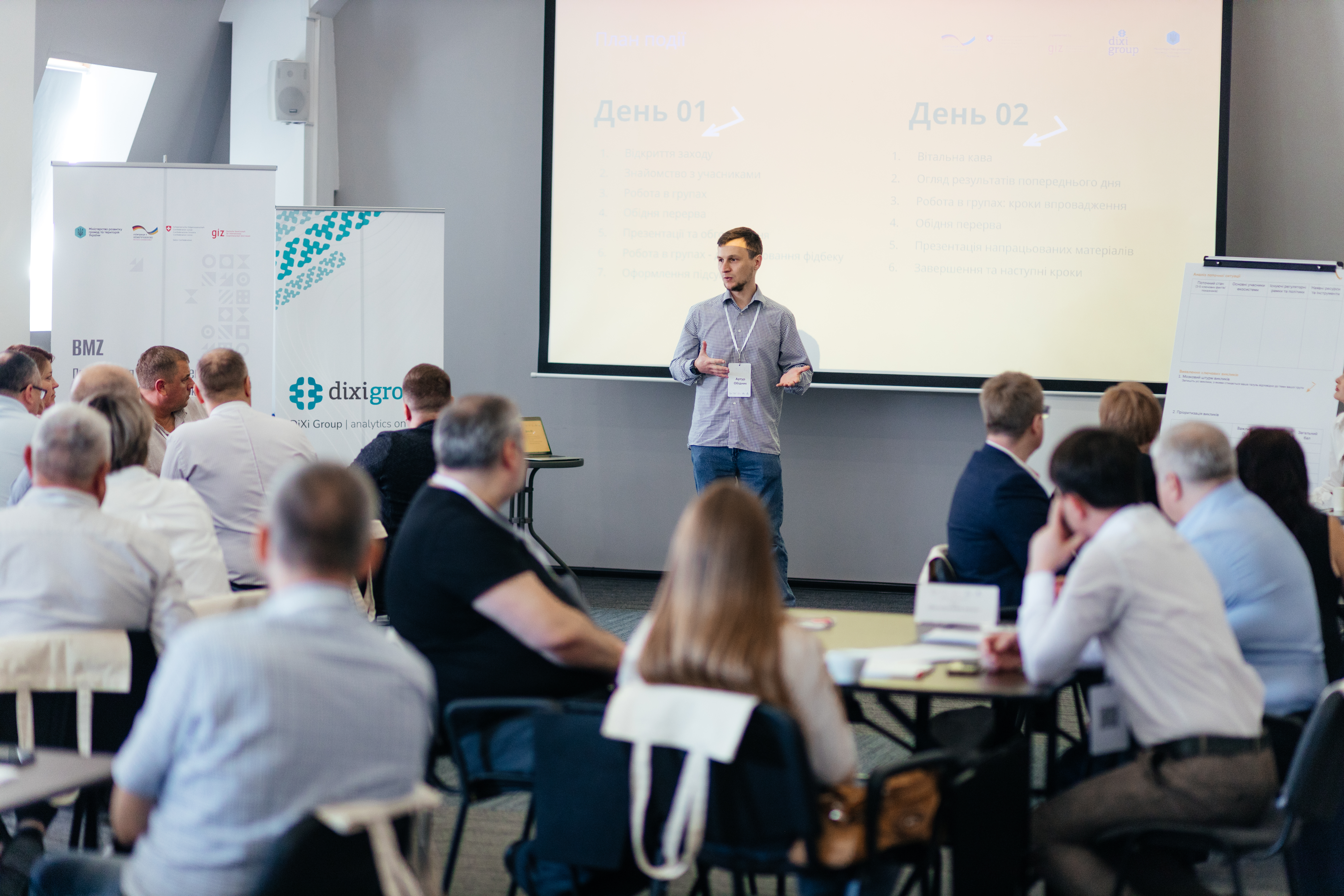


He emphasized that the opportunity to bring together specialists in heat supply, equipment and materials providers, building managers, and local government representatives contributed to active dialogue, experience sharing, and a common vision for addressing urgent issues, as well as enabled the joint development of effective solutions.
According to Andrii Shyian, Director of the Department for Energy Efficiency Development at the State Agency for Energy Efficiency and Energy Saving of Ukraine, the Hackathon is an extremely important and timely event in light of the challenges facing the state in terms of energy security and independence.
“This event is a key step toward jointly forming solutions that will help make Ukrainian buildings modern, safer, and more energy efficient. And it is especially important that we are discussing these topics in the Hackathon format – an open dialogue, collaboration, and the creation of next-generation policies”, emphasized Andrii Shyian.
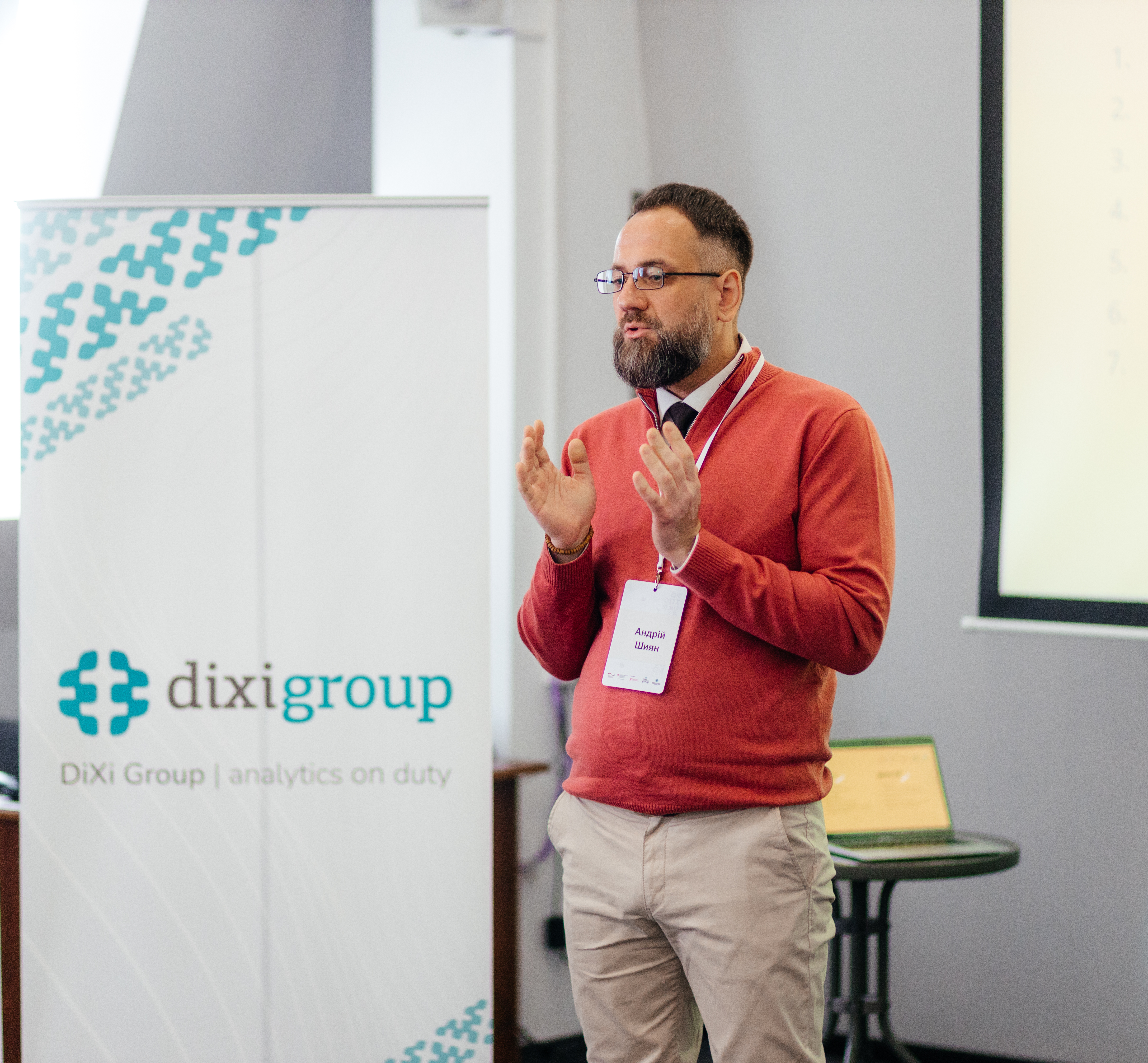


Among the proposals developed by the Hackathon participants were the following:
- Establish mandatory energy management units at the community level, where each expert is responsible for a specific area: water supply, heat supply, electricity, and climate.
- Implement monitoring systems at the community level that allow for the collection, storage, and analysis of data on building energy consumption.
- Improve the conditions for obtaining financing from the Energy Efficiency Fund and the Decarbonization Fund, including a review of loan interest rates.
- Prohibit independent (“piecemeal”) external insulation of apartments.
- Engage and motivate residents of multi-apartment buildings by promoting successful examples of energy efficiency improvements.
- Amend procurement legislation to move away from selecting based on the lowest price and instead focus on service quality.
- Ensure market-based prices for energy resources to support the development of the energy efficiency sector.
Modernize buildings in cooperation with heat supply companies, with detailed heat supply schemes developed for each building, among other steps.
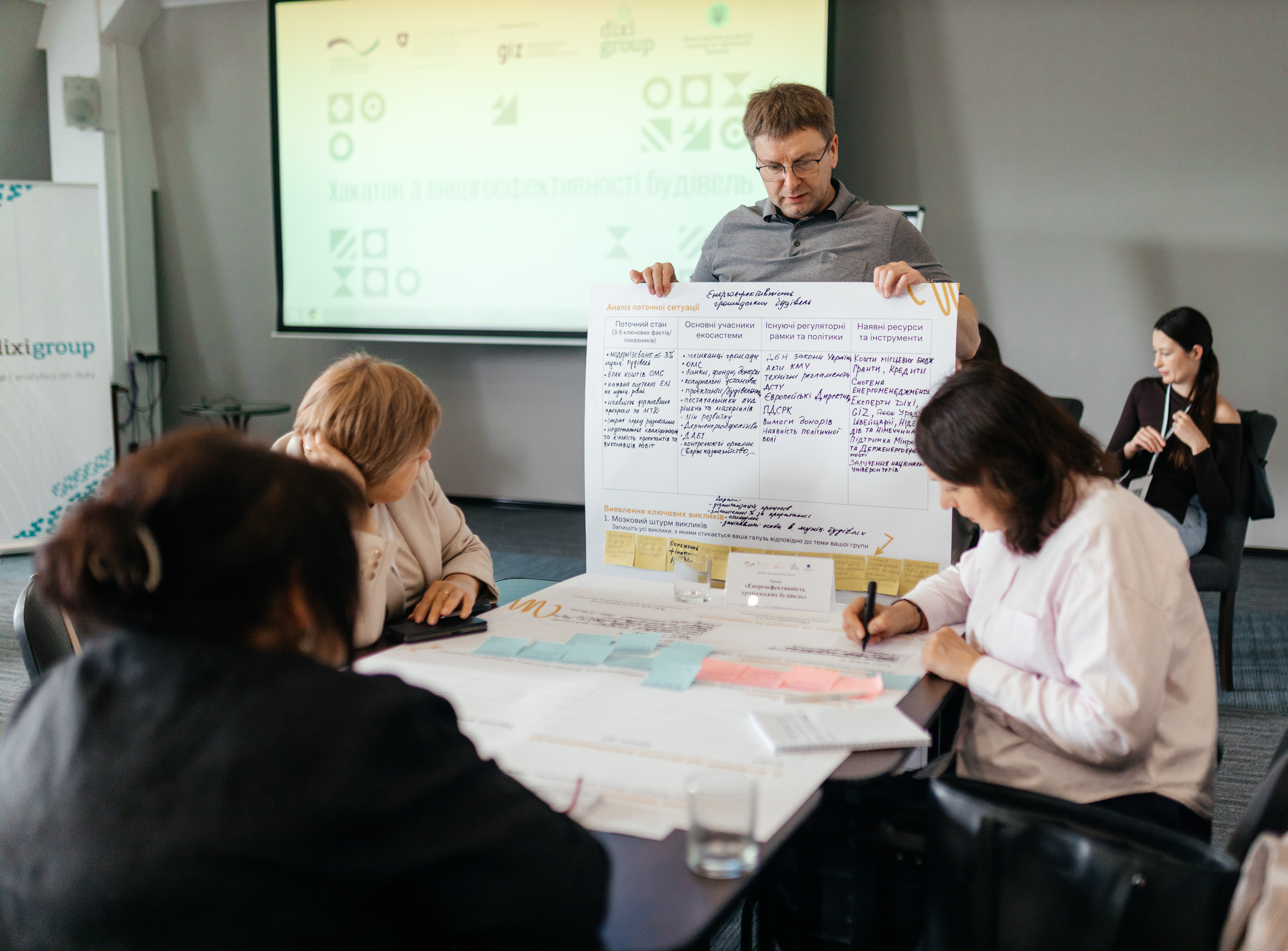


According to the event participants, the group work – which brought together representatives from various industries with different experiences and perspectives – allowed them to look at issues from new angles and reach unexpected solutions.
“I am convinced that we have developed a very interesting, competitive, practical, and much-needed proposal for Ukrainian energy and the country as a whole. We believe that in the future it will be possible to implement the ideas developed during the Hackathon into current legislation”, shared Vasyl Novachok, Deputy Mayor of the Khmelnytskyi City Council and a Hackathon participant.
“Based on the outcomes of the Hackathon, we will determine the direction of future work and outline steps that will be useful both to the relevant Ministries for the development of further legal and policy documents in the field of energy efficiency, and to donors, who can use these proposals in the design of future projects”, said Volodymyr Perehudov, Senior Coordinator of the project “Promotion of Energy Efficiency and Implementation of the EU Energy Efficiency Directive in Ukraine,” implemented by GIZ.






